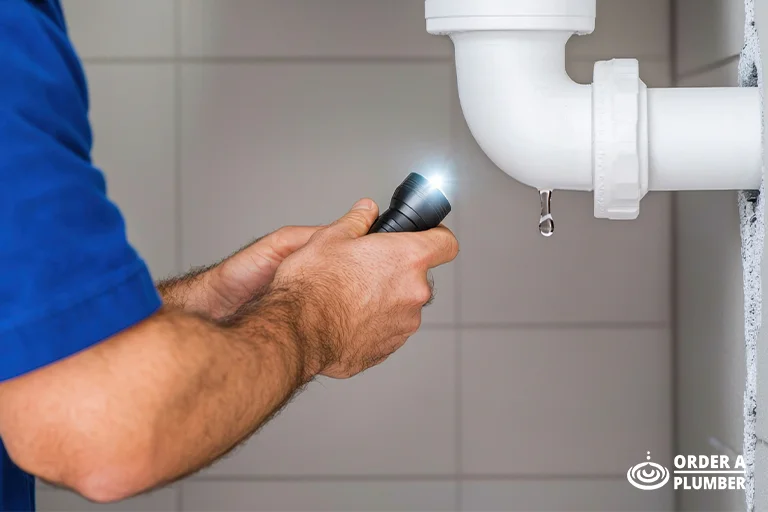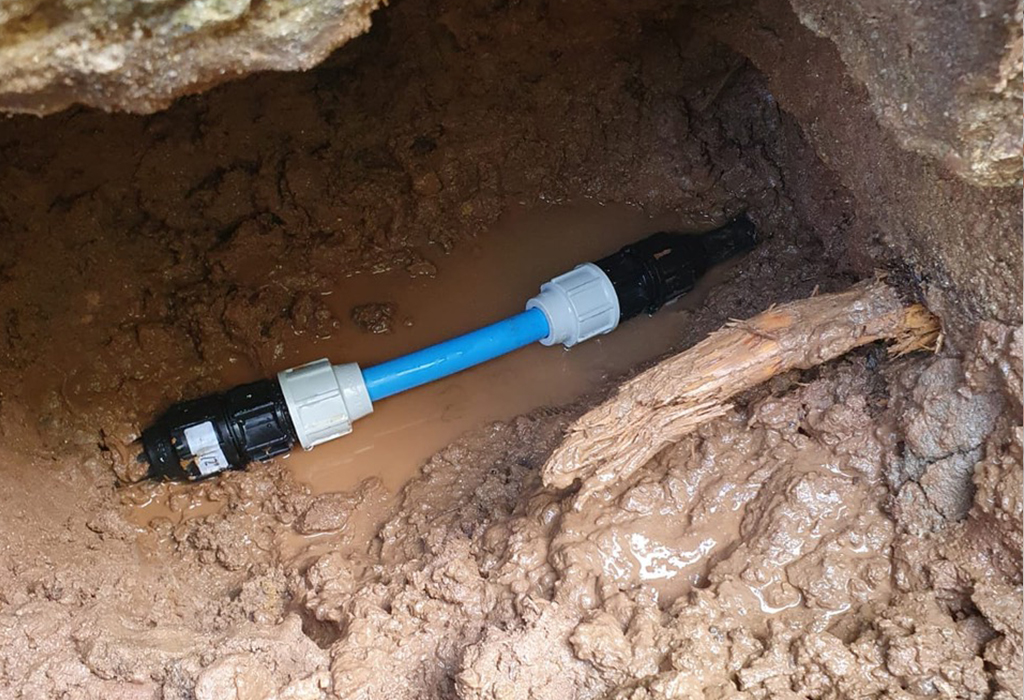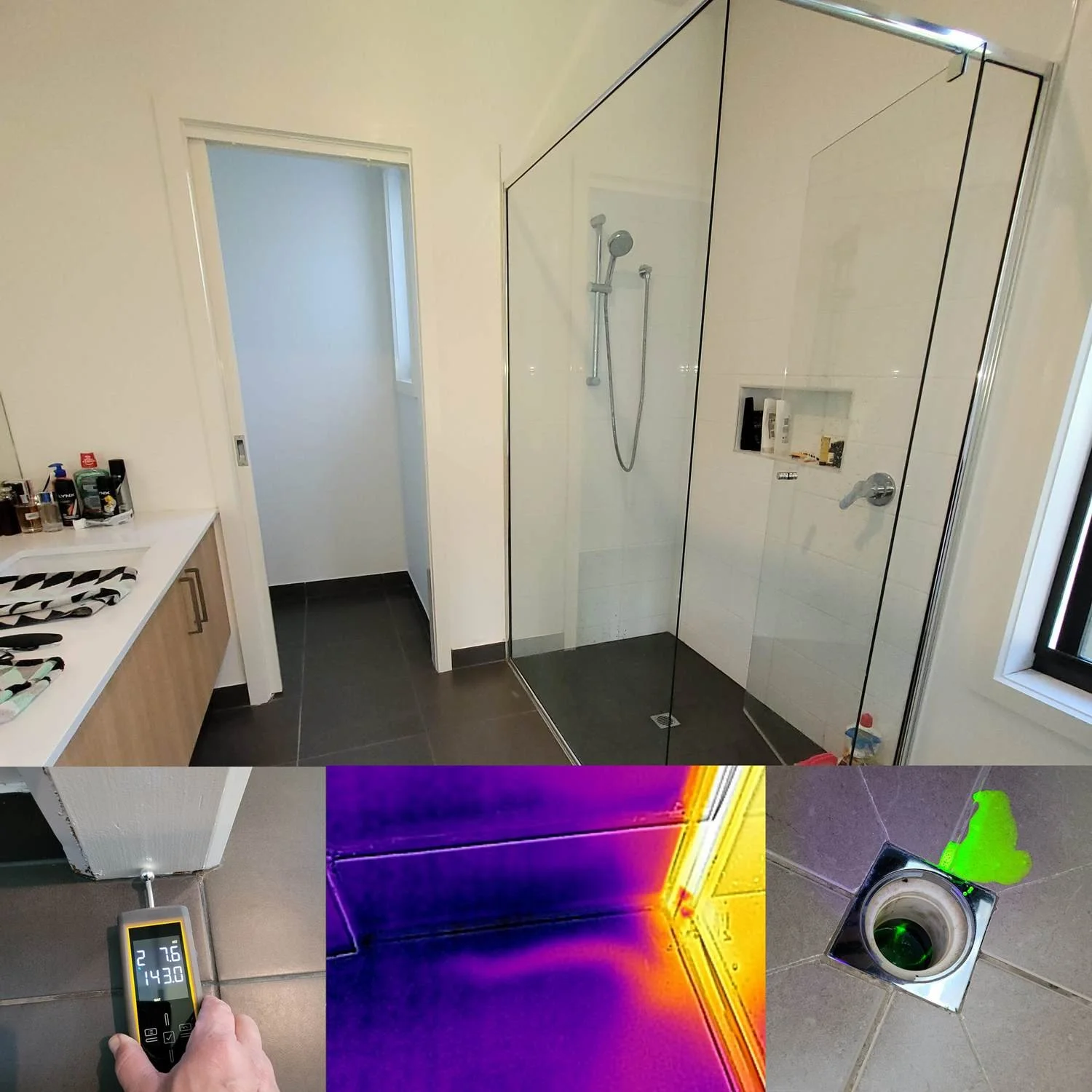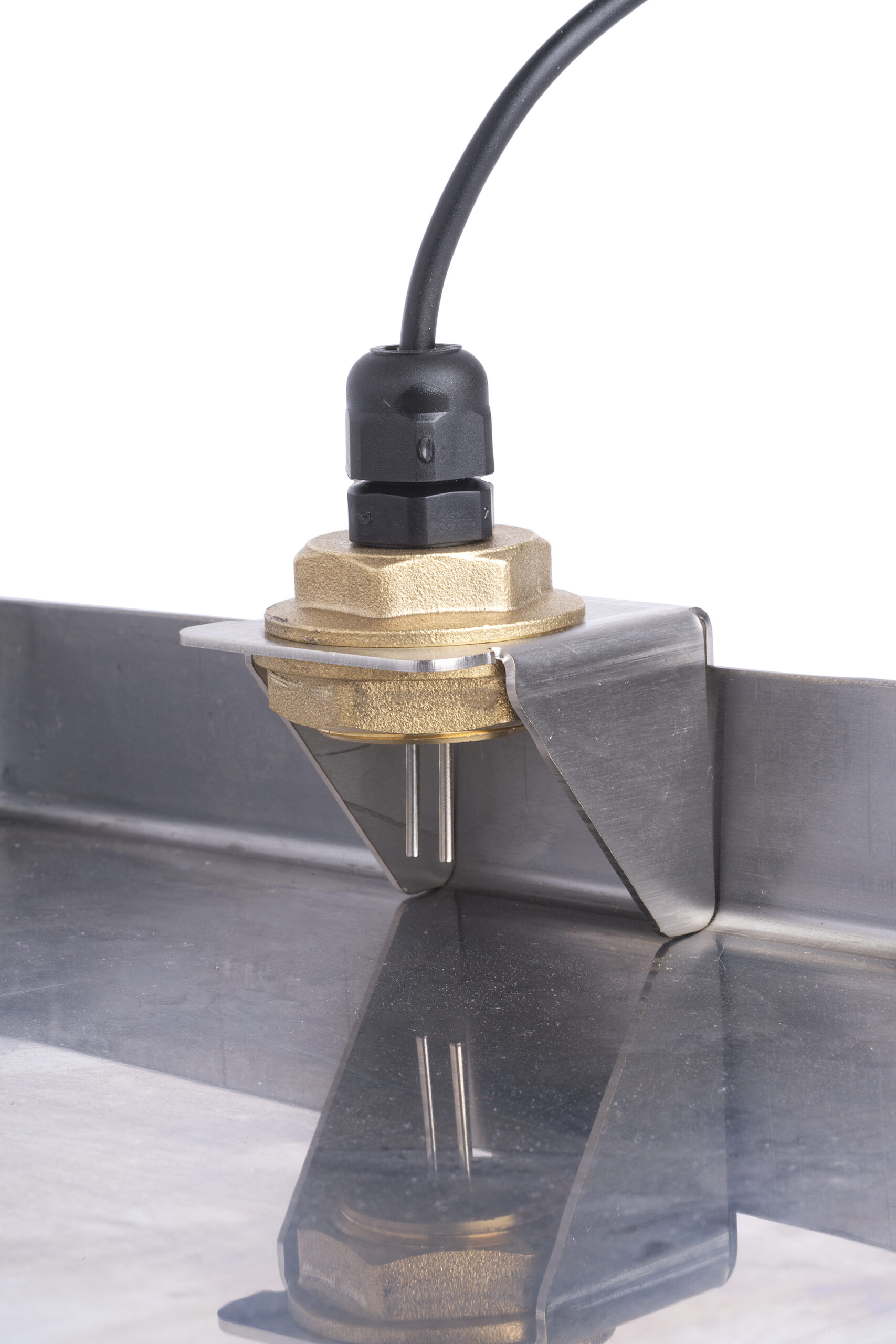How to Detect Leaks in Your Plumbing System

Detecting leaks early in your plumbing system is crucial to prevent water damage, reduce water bills, and maintain the integrity of your home. This guide will walk you through the most effective methods to identify leaks, the tools you might need, and how to address common issues.
Common Signs of Plumbing Leaks

| Sign | Description | What to Do |
|---|---|---|
| Unexplained Water Bills | Sudden increase in water usage without change in habits | Check for leaks in visible pipes and fixtures |
| Damp Spots or Water Stains | Moisture on walls, ceilings, or floors | Inspect for hidden leaks behind walls or under floors |
| Mold or Mildew Growth | Persistent mold in areas that should be dry | Investigate plumbing and ventilation issues |
| Dripping Sounds | Hearing water dripping when no taps are open | Trace the sound to locate the leak |
| Low Water Pressure | Reduced flow from faucets or showers | Check for leaks or blockages in pipes |
Tools and Techniques for Leak Detection

- Visual Inspection: Regularly check exposed pipes, joints, and fixtures for signs of moisture or corrosion.
- Water Meter Test: Turn off all water sources and monitor the water meter. If it changes, a leak is likely present.
- Dye Test: Add food coloring to the toilet tank to check for leaks into the bowl.
- Pressure Test: Use a pressure gauge to detect drops in water pressure indicating leaks.
- Thermal Imaging Cameras: Detect temperature differences caused by leaking water behind walls.
Step-by-Step Leak Detection Process
- Turn Off All Water Fixtures: Ensure no water is being used.
- Check the Water Meter: Note the reading and wait 1-2 hours without using water.
- Inspect for Visible Signs: Look for dampness, mold, or water stains.
- Use Dye Tests for Toilets: Add dye to detect leaks.
- Listen for Drips: Use a stethoscope or simply listen carefully near pipes.
- Consider Professional Help: If leaks are hidden or complex.
Frequently Asked Questions (FAQ)
How can I tell if my water bill is high due to a leak?
Look for unexplained increases in your water usage and compare bills month-to-month. Conduct a water meter test to confirm.
Can small leaks cause significant damage?
Yes, even small leaks can lead to mold growth, structural damage, and increased water bills over time.
When should I call a professional plumber?
If you cannot locate the leak, if it is behind walls or underground, or if the repair requires specialized tools.
Conclusion
Regular monitoring and early detection of leaks can save you money and prevent extensive damage. Utilize the tools and methods outlined above to keep your plumbing system in top condition.
